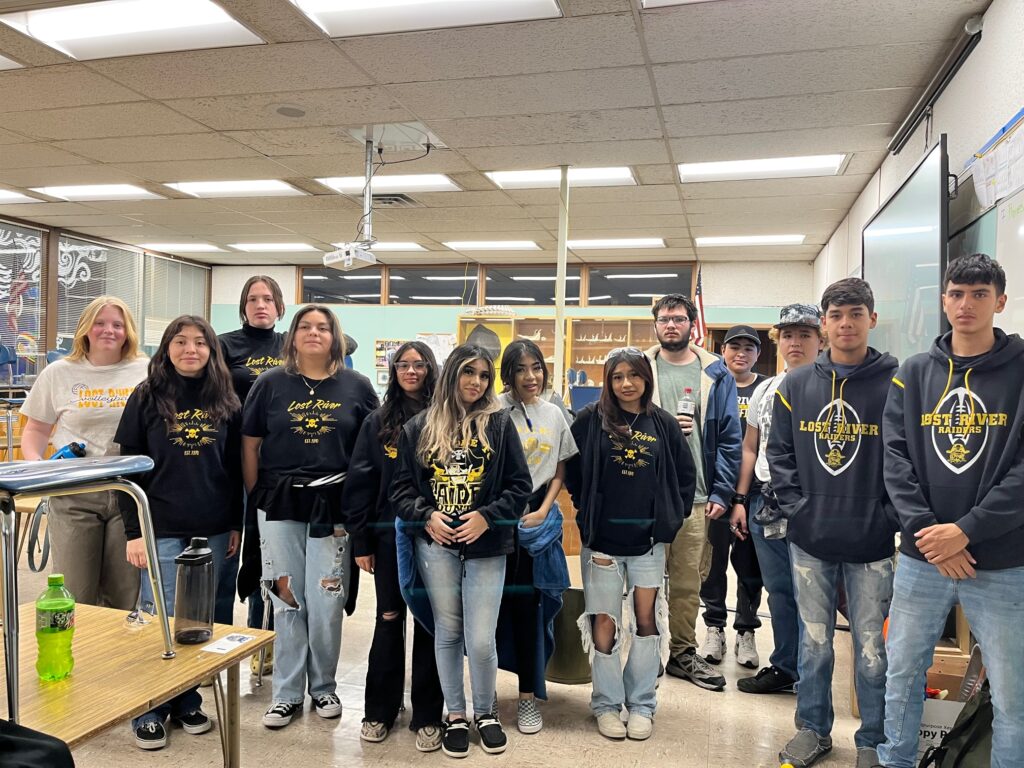by Dr. Allen Pratt
The National Rural Education Association (NREA) advocates for equitable educational opportunities for the nearly 9 million students attending rural public schools across America. Tennessee has over 600,000 students in rural districts that are the backbone of our communities. But now our rural schools face an existential threat from school vouchers.
Public rural schools have educated children across Tennessee for generations. But they also host community meetings, serve as polling places, host food pantries, offer medical screenings, provide shelter during natural disasters, and access to computers and Wi-Fi. Gov. Bill Lee’s proposed expansion to unlimited universal vouchers will serve to undermine their critical role.
Tennessee is now party to a well-financed, national, and relentless expansion of private school vouchers in order to privatize public education and serve an ideological agenda that does not align with the best interests of Tennessee families. Make no mistake, vouchers are not about “school choice.”
Let’s get to the basics about why voucher program is being expanded
Who benefits from universal vouchers? The data is clear: its mostly wealthy families already enrolled in private schools. Under universal vouchers, any family with school-age children can receive one, regardless of income. In states with universal vouchers, roughly 70% go to students enrolled in private schools, and 60% go to families in districts with the highest incomes where most private schools exist. However, these government-subsidized payouts are paid for by all taxpayers, including rural families.
Who exercises choice with vouchers? Not rural families. Our analysis of a recent Sycamore Institute Dashboard on private schools in Tennessee reveals that 42% of rural districts have zero private schools and 84% have three or fewer. In order to attend, students must travel long distances or have no access whatsoever. Not all private schools accept vouchers, nor provide transportation, nor serve students with disabilities. Additionally, a $7,075 voucher won’t cover the full cost of private school tuition, making it out of reach for most rural families.
Do vouchers improve outcomes for public school students? Numerous rigorous studies show that students who leave public schools with a voucher are not faring well. In states with public reporting on vouchers, the results are dismal, with students falling behind their peers in local public schools. The same is true for the pilot voucher program in Nashville, Memphis, and Chattanooga. Perhaps that is why voucher proponents do not support testing or public reporting, and Gov. Lee has signaled that Tennessee’s voucher proposal will not include reporting either.
How would universal vouchers impact rural districts in Tennessee?
Rural districts will be hit hardest by unlimited voucher expansion, where they already operate on tight budgets. They face unique strains because they have fewer students and don’t have the same economies of scale as larger school districts.
When enrollment drops their fixed costs remain the same, while the challenge of providing services increases. Local counties will be on the hook to make up the difference, which can lead to an increase in local property taxes to maintain the same levels of service.
Schools are often rural communities’ largest employers, and cuts or drops in enrollment will force rural schools to lay off teachers, cut programs, and potentially close altogether.
Rural districts fear cuts in programs will harm students
Rural districts rely more heavily on the state for school funding due to lower local revenue generation. Tennessee faces stagnant state revenues and a possible $1.6 billion business tax cut, and the funding pie is shrinking.
As the costs of universal vouchers balloon out of control – as they have in other states – there will be cuts to other state programs, hurting rural communities that rely on state-funded TCATS (Tennessee Colleges of Applied Technology), pre-K centers, broadband expansion, health centers, and more. These tradeoffs will have profound economic consequences.
Rather than dismantling the schools, we should fully invest in the system we already have by raising teacher pay, reducing class sizes, expanding access to vocational programs, and providing our community’s schools with what they need.
Strong public schools build strong communities in rural Tennessee. The National Rural Education Association urges Tennessee lawmakers to reject Governor Lee’s voucher scheme, which is a failed policy that will harm the very students and communities they claim to help. It’s time to stand up for public education and demand that we keep public funds in public schools where they belong.
—
Allen Pratt, Ed.D., is executive director of the National Rural Education Association (NREA). Founded in 1907, NREA is the longest-serving organization of its kind, representing and advocating for the needs of rural schools and communities in every state.





